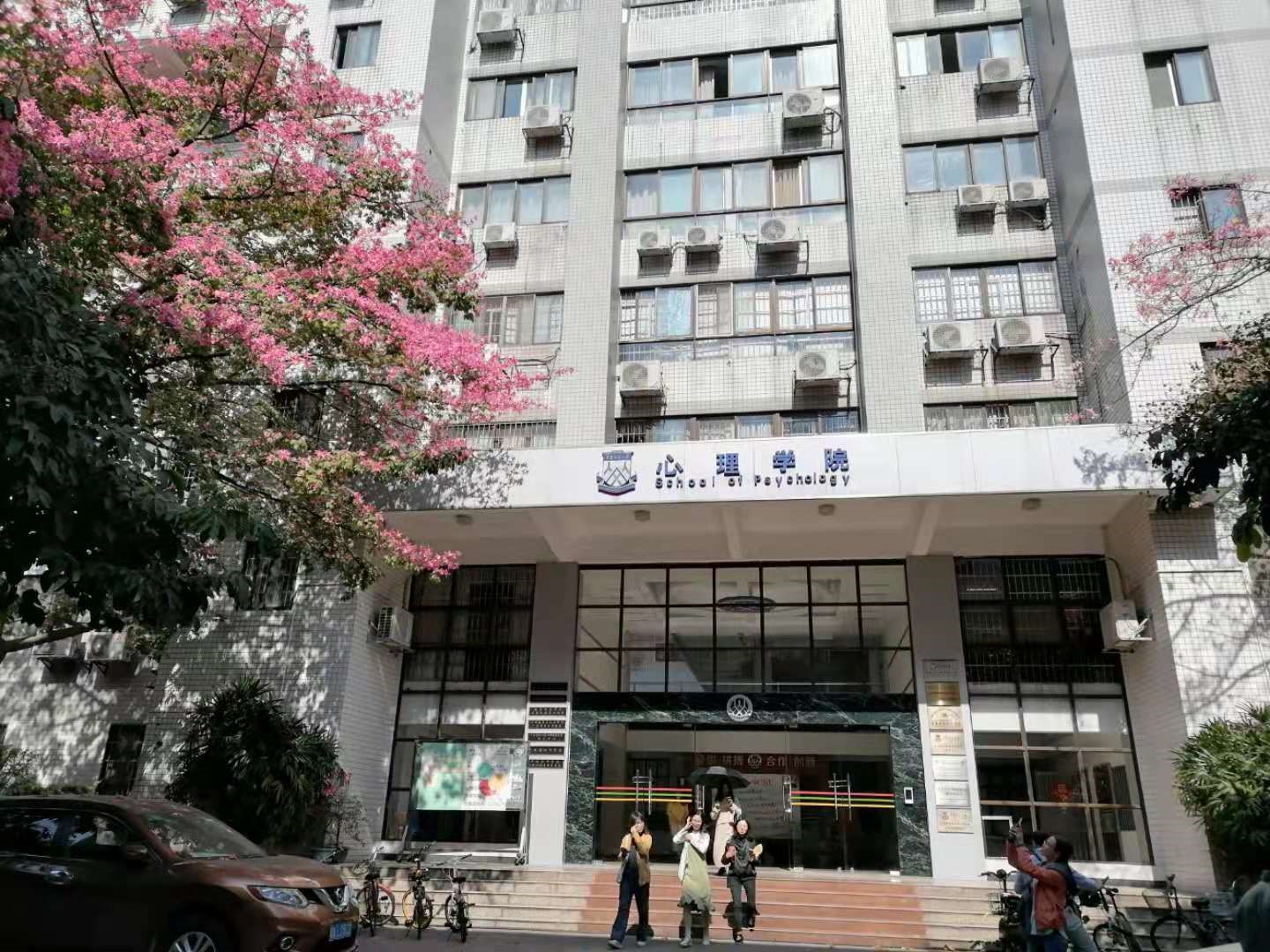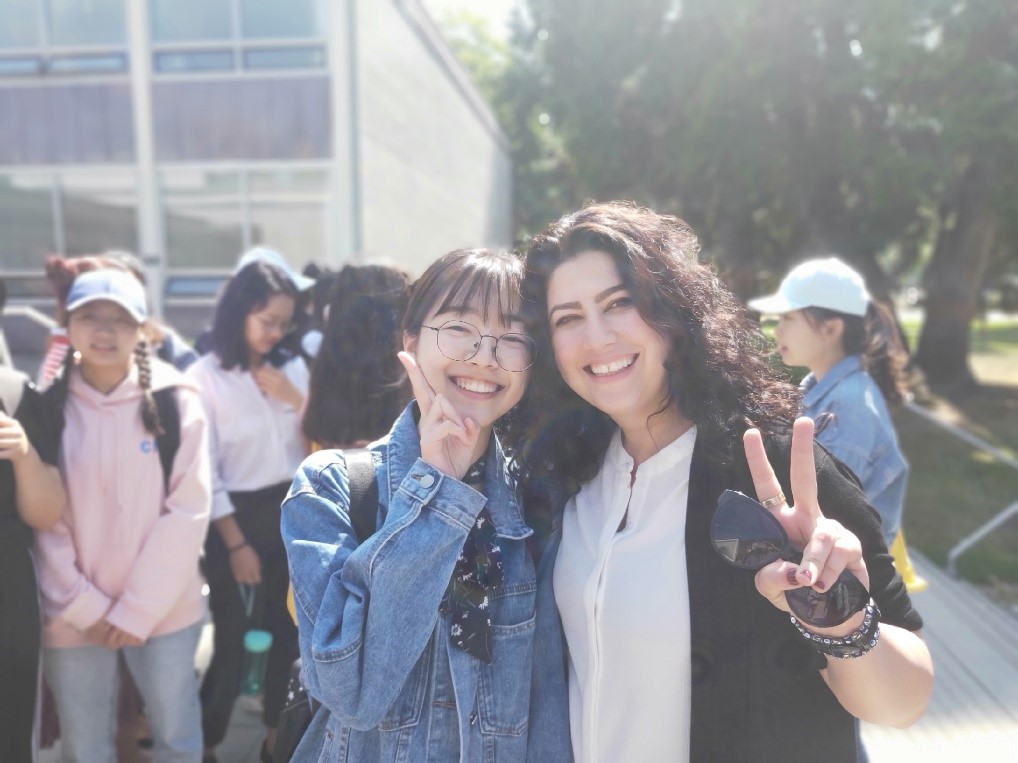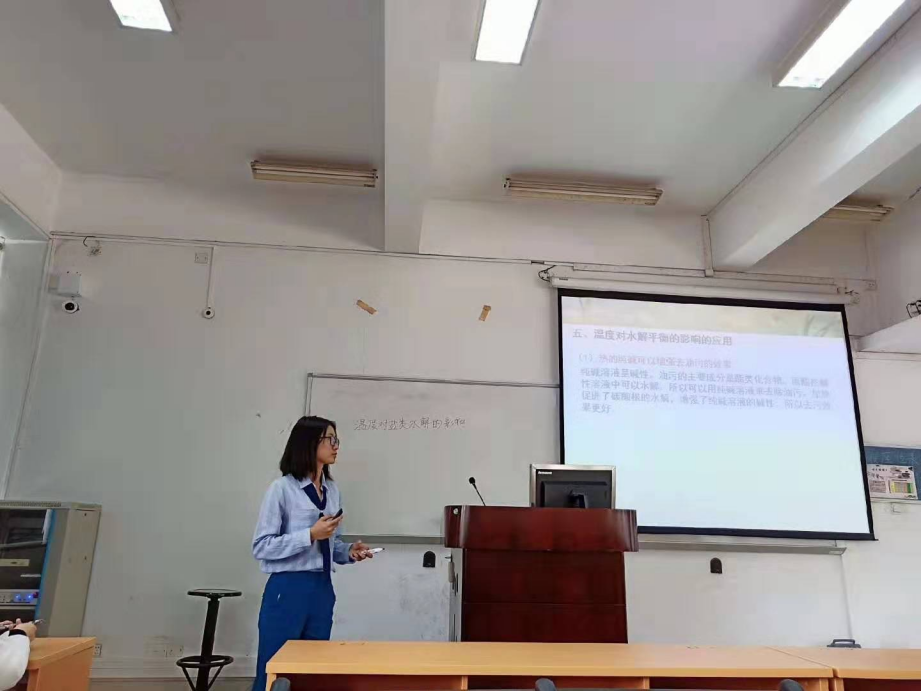
Likes
Editor's Note: Under the theme of “Challenge and Change”, the second English writing contest of SCNU has came to a close with over 280 articles from 28 schools and colleges. We recognize all prize winners for their excellent performance. Awarded winners have been announced (see results), and all winning articles will be published in this column.
-------
By Lailatul Faizah
Studying in China is an astonishing life phase for international students. Borrowing Oberg's term, they usually experience culture shock during their first years of study. Culture shock will be more severe for students having had no exposure to the Chinese language and culture in their home countries. The Chinese language contains thousands of characters, making it one of the world's most complex languages. A simple task like reading a bus stop name will be challenging since every bus stop name is written in Chinese. Besides, different weather factors and situations also play an essential role in cultural shock. Even for those coming from Asian countries, setting foot in China is like setting foot on a new planet.
At first, international students will experience the honeymoon phase. In this phase, local people will treat the foreigners as their guests. They usually greet them with "huanying guanling" as a sign of welcoming newcomers. Local people will also try to speak in English with them and understand their language barriers. During this phase, international students will be amazed by the surroundings. They will also experience high interest and curiosity about Chinese culture. They will take pictures and videos whenever they find historical places or cultural performances. They also will find out that many things they heard about China in media contradict reality.

A modern landscape in Guangzhou, China.
A few moments later, international students start experiencing a challenging phase. In this phase, international students are not seen as guests any more but as a part of society. Hence, society expects them to learn the language and the established norms. Sometimes society's expectations collide with reality, causing disappointment on both sides. Some international students with little contact with Chinese culture might find difficulties in mastering the language. Some international students with a strong attachment to their home food culture might face problems adjusting to the local food taste. Some others experience a significant challenge due to particular situations.
The winter is one of the most challenging situations for international students from tropical countries (e.g., Indonesia). Students countries that have no winter season will find that even the southern part of China is still shockingly cold. As winter is an extended holiday, international students usually return to their hometown. Only a few international students choose to spend the winter in China for various reasons. Some have plans to tour around the northern part of China. For those who decide to spend the holiday studying, the winter seems to be "colder."

The author's hometown scenery in Kediri, Indonesia.
The winter holidays in 2020 are probably the "coldest" in this century due to the outbreak of the coronavirus. The virus forced everyone, willy-nilly, to suddenly become "meditating monks" in their rooms for safety reasons. For international students from South East Asian countries (e.g., Indonesia), the pandemic's loneliness might naturally occur since gathering is the most essential part of their culture. Thus, many international students experienced homesickness and decided to return to their home countries.
The pandemic situation was challenging since it coincided with the winter holidays and the Chinese New Year Festival, causing all restaurants to be closed. For international students, food from their hometowns is a powerful medicine to cure homesickness. If a restaurant that serves their country's specialties closes, international students are more likely to experience extreme homesickness leading to loneliness. They enormously missed their friends and family in their hometown and worried about getting infected on the road and becoming virus carriers. Hence, the few who stayed kept believing that the Chinese government would deal with the virus quickly.
Luckily, many universities in China (e.g., South China Normal University) built public kitchens for international students during the pandemic. Besides, the supermarkets on the campuses of the universities were also open. In this way, students could cook their own food and socially support each other by sharing food. The university also provided social support by providing free masks and free milk since many students experience insomnia. Some other students who live off campus chose to self-quarantine as they didn't want to burden the universities' management.

New public kitchen in the international student apartment during the pandemic.
Before the summer, the Chinese government finally contained the pandemic fast, and many international students started feeling that China is their second home. They began to feel comfortable speaking the local language and enjoy the company of local people. They also began to think that the Chinese are their brothers and sisters. The feeling of a second home marks the last phase of cultural shock. However, some international students may still experience the fluctuation of homesickness as the situation is now reversed. Their home countries are currently struck hard by the virus, making them worried about their family and friends' safety. Besides, many of their compatriots are temporarily unable to return to China to study on the campus. To treat their longing for friends and family, they communicate with their friends and family through social media. The homesickness challenge might remain robust, yet, the food from their hometown and social media successfully bring them the breeze of their home countries.
After going through several adaptation phases, international students will finally realize that their bold decision to study in China pays off. Once they survive the challenges and disasters during their study period in China, they will no longer be the same person upon returning to their home countries. They will become more persistent, more patient, more tolerant, and more accustomed to working in a fast rhythm. No wonder there's a famous Arabic phrase, "Seek knowledge even if you have to go as far as China."

Campus-based study in one of the best schools of psychology in China during the outbreak.
References: Oberg, K. (1960). Cultural Shock: Adjustment to New Cultural Environments.
Practical Anthropology, os-7(4), 177–182. Doi:10.1177/009182966000700405
What to read next:










